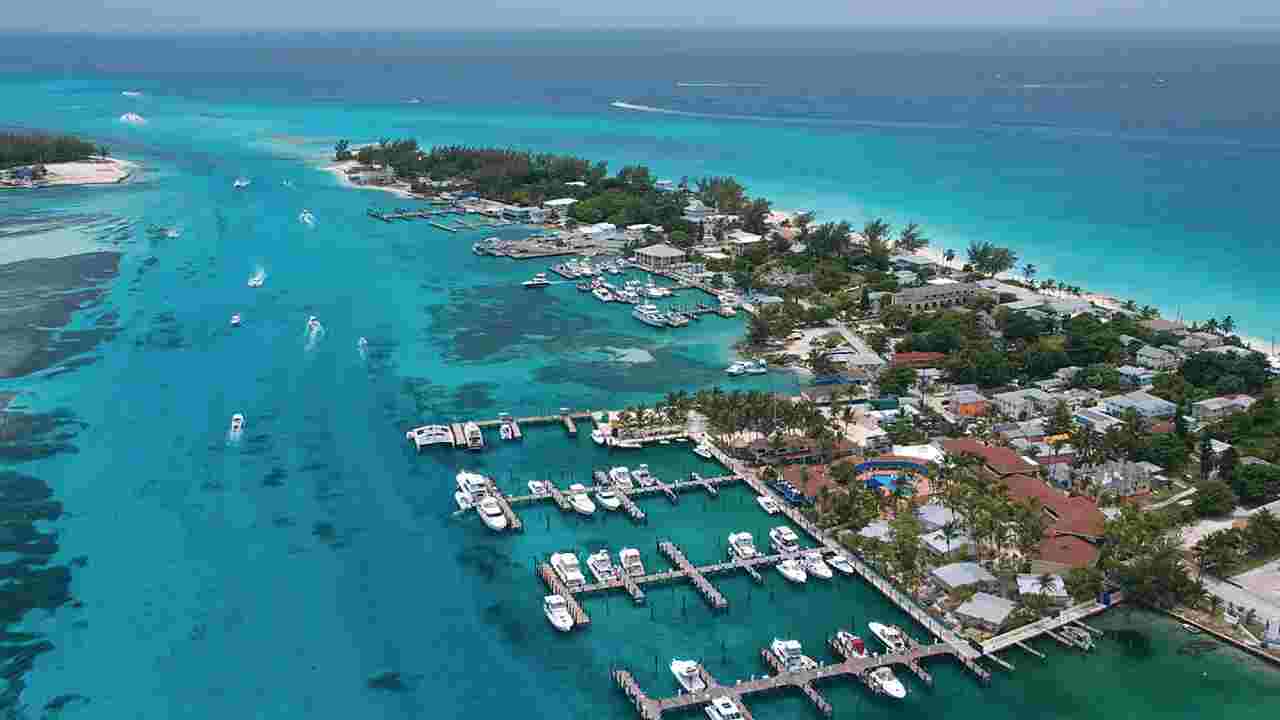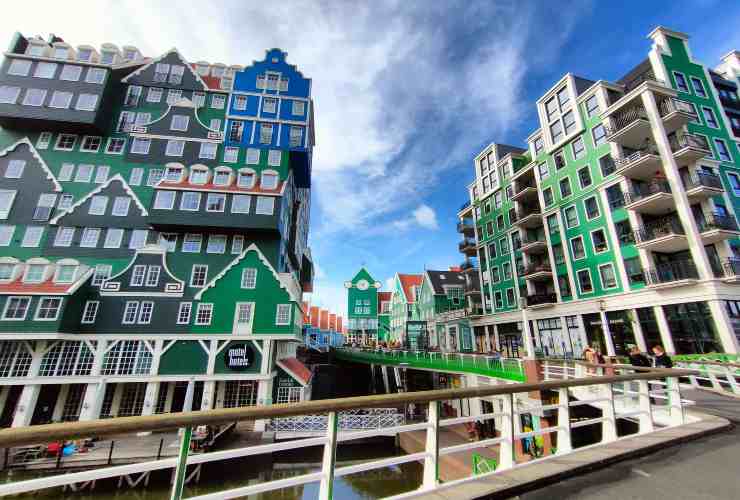The European Union blacklists 3 other tax havens. The Council of the EU has indeed decided to expand the list of non-cooperative jurisdictions for tax purposes, including the Bahamas, Anguilla and the Turks and Caicos Islands.
Anguilla and Turks and Caicos are British Overseas Territories in the Caribbean. The Bahamas is part of the Commonwealth. The list also includes American Samoa, Fiji, Guam, Palau, Panama, Samoa, Trinidad and Tobago, British Virgin Islands and Vanuatu. Tax havens are states that guarantee low or zero taxation in terms of income tax and capital gains from financial investments. Surplus value is surplus value. That is, it is the capital gain, or capital gain. Indicates the difference between the selling and buying price of a financial instrument, such as stocks.
 The state of the Bahamas is one of the tax havens on the European blacklist. Photo Twitter @BahamaPapa_
The state of the Bahamas is one of the tax havens on the European blacklist. Photo Twitter @BahamaPapa_
In so-called tax haven countries, zero or nearly zero tax on income as well as on capital gains earned on financial transactions results in substantial non-taxable gains. These revenues are a very strong attraction for businesses, corporations, multinationals, millionaire personalities and foreign capital. Essentially, tax havens allow you to take advantage of a jurisdiction that evades home country taxes. The need to identify the best tax haven to “protect” income and wealth is not just a “habit” of the world’s ultra-rich. In the legal and administrative maze of tax havens, illicit capital of criminal and mafia origin is also often hidden.
Tax havens and offshore companies
In tax havens, not only do you pay less tax, but individuals and entrepreneurs move their capital there because they can trust banking secrecy and open offshore companies there. An offshore company is a company registered under the laws of a foreign state – one, in fact, among the tax havens – but which carries out its activities outside the jurisdiction in which it is registered.
 A session of the Council of the EU, which periodically brings together the heads of government of the 27 Member States. Photo Twitter @EUCouncilPress
A session of the Council of the EU, which periodically brings together the heads of government of the 27 Member States. Photo Twitter @EUCouncilPress
The main characteristics that those who decide to identify the best tax haven for its characteristics look for are basically two. First, the secrecy of data and financial transactions. Second, immediate access to one’s own heritage. Today, the biggest tax havens in the world are spread all over the world. Some of them are small nations, but others are big economic powers. According to the most recent estimates, at least 40% of the annual foreign profits of multinational companies are declared in tax havens.
The situation in Europe
These are countries that apply tax rates between 5% and 10% or, in some cases, zero. This is at least 800 billion dollars of income subtracted each year from the taxation of states such as France, Italy, Germany or the United States. Some EU Member States also play an important role in complex international tax avoidance schemes. In fact, the tax havens of the Old Continent: Belgium, Holland and Luxembourg – which are among the founding countries – and Ireland, in addition to Malta and Cyprus.
 Houses in Amsterdam. Photo Twitter @bvretree. Holland is considered a tax haven by many multinationals
Houses in Amsterdam. Photo Twitter @bvretree. Holland is considered a tax haven by many multinationals